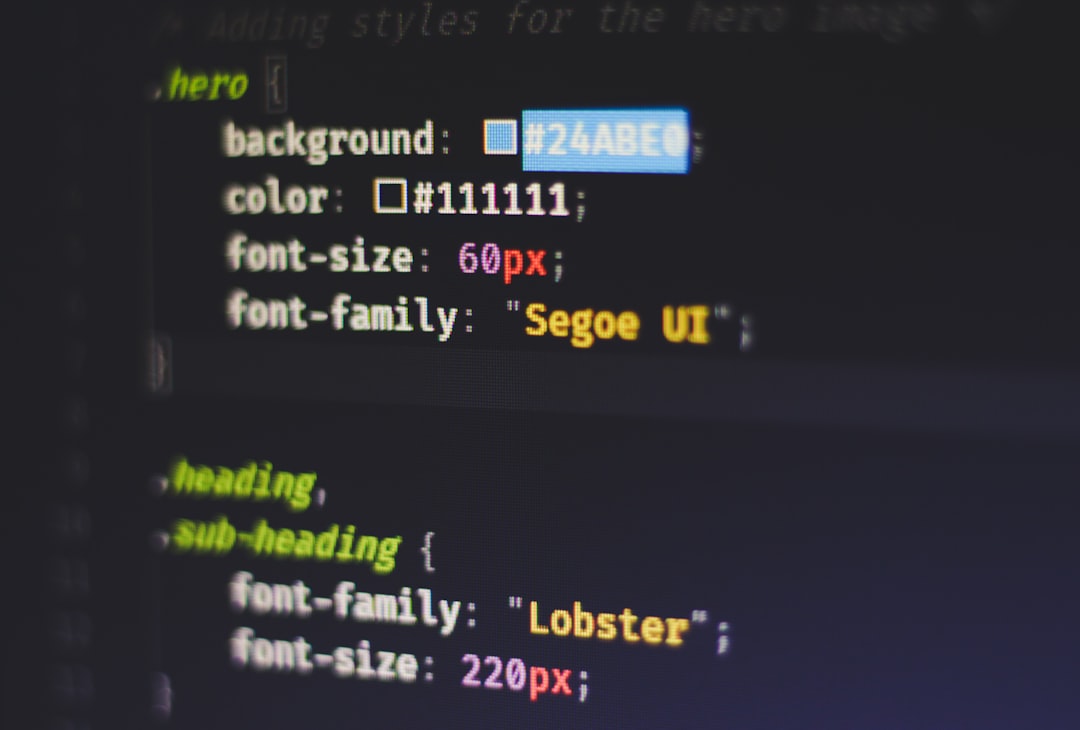When it comes to programming, the choice of a code editor can significantly impact both productivity and workflow. Among numerous available tools, Notepad++ has gained substantial recognition in the development community. While often seen as a simple text editor, many developers use Notepad++ as a lightweight programming tool. But is it truly suitable for serious programming tasks?
Notepad++: More Than Just a Text Editor
Notepad++ is an open-source source code editor designed to operate on Microsoft Windows. Though it may appear modest at first glance, it possesses a powerful array of features that make it a viable environment for writing and editing code.
Some of the defining features of Notepad++ include:
- Syntax Highlighting for over 75 programming languages
- Code Folding to better organize and navigate through longer files
- Macro Recording and Playback for automating repetitive tasks
- Plugin Support for extending capabilities via an active community
- Lightweight and Fast performance, making it ideal for both beginner and intermediate programmers
Thanks to these features, Notepad++ is widely used in various programming tasks—from scripting and automation to web development and basic software engineering. It is especially valued by those who prefer a fast, resource-efficient editor compared to more complex Integrated Development Environments (IDEs).

Languages Supported by Notepad++
One of Notepad++’s biggest strengths lies in its flexibility. It supports a broad array of programming and scripting languages, such as:
- Python
- JavaScript
- HTML and CSS
- Java
- C, C++, C#
- PHP
- SQL
- Lua, Perl, Ruby
Additionally, developers can define custom languages using the User Defined Language (UDL) system, allowing for syntax highlighting and code formatting in less-common or proprietary languages.
When is Notepad++ Enough for Programming?
Notepad++ is particularly suited for tasks where simplicity and speed are essential. It is an excellent tool for:
- Tinkering with small scripts or algorithms
- Making quick edits to web files like HTML, CSS, and JavaScript
- Writing automation scripts in languages like Python or PowerShell
- Editing configuration files and logs
Due to its non-intrusive interface and rapid loading time, Notepad++ becomes an attractive choice for seasoned developers performing quick fixes or debugging code snippets on the fly. It is, however, not tailored to larger-scale software development projects that involve compiling, debugging, or intricate dependency management.

Limitations to Consider
While Notepad++ offers a collection of features advantageous for small and medium programming tasks, it is not a comprehensive alternative to a full IDE. Some of the limitations include:
- No built-in compiler or debugger: Unlike popular IDEs such as Visual Studio or Eclipse, Notepad++ lacks a native compilation or debugging environment.
- Lacks integrated project management: Managing multiple file relationships or version control is more manual.
- Limited support for modern frameworks and tools: Integration with tools like Git, Docker, or CI/CD pipelines is non-native and typically requires plugins or external tools.
Thus, while Notepad++ excels at being a code editor, those working on enterprise-level or collaborative projects often augment it using additional tools or opt for a full-fledged IDE.
Conclusion: Is Notepad++ Used for Programming?
Yes, Notepad++ is used for programming. It is a dependable, efficient, and customizable choice for many developers, particularly for scripting, HTML/CSS work, and lightweight software tasks. While it may not replace the full capabilities of an IDE, it stands out as an indispensable tool in a programmer’s toolkit.
Professionals often pair Notepad++ with language-specific tools or compilers to broaden its capabilities. Therefore, although it’s not the sole instrument for developing complex software systems, it remains a highly viable component in the broader programming landscape.